RICHMOND, Va. (AP) — A federal appeals court on Monday upheld the convictions of two members of a white supremacist group who admitted they punched and kicked counterdemonstrators during the 2017 “Unite the Right” rally in Charlottesville, but found that part of an anti-riot law “treads too far upon constitutionally protected speech.”
In its ruling, a three-judge panel of the Richmond-based 4th U.S. Circuit Court of Appeals rejected a challenge to the constitutionality of the entire federal Anti-Riot Act on its face. But the court said the 1968 law violates the free speech clause of the First Amendment in some respects. The court invalidated parts of the law where it encompasses speech tending to “encourage” or “promote” a riot, as well as speech “urging” others to riot or involving mere advocacy of violence.
The ruling came in an appeal by Benjamin Drake Daley of Redondo Beach, California, and Michael Paul Miselis of Lawndale, California, two members of the Rise Above Movement, a militant white supremacist group known for having members who train in mixed martial arts street-fighting techniques.
Daley and Miselis pleaded guilty in 2019 to conspiracy to riot in connection with several 2017 rallies, including a torch-lit march at the University of Virginia and the Unite the Right rally in Charlottesville; Virginia, and rallies in Huntington Beach and Berkeley, California.
As part of their guilty pleas, the men admitted their acts of violence were not in self-defense. Daley was sentenced to a little over three years in prison, while Miselis received a little over two years.
Their attorneys argued before the 4th Circuit that the federal Anti-Riot Act is unconstitutional because it is overbroad and vague, and infringes on First Amendment activities.
The court, while sharply critical of parts of the law, left most of it intact.
“To be sure, the Anti-Riot Act has a plainly legitimate sweep. The statute validly proscribes not only efforts to engage in such unprotected speech as inciting, instigating, and organizing a riot, but also such unprotected conduct as participating in, carrying on, and committing acts of violence in furtherance of a riot, as well as aiding and abetting any person engaged in such conduct,” Judge Albert Diaz wrote in the 3-0 opinion.
“Yet, the Anti-Riot Act nonetheless sweeps up a substantial amount of protected advocacy,” Diaz wrote.
The court said it upheld the convictions of Miselis and Daley because their conduct falls squarely under conduct prohibited by the law, including committing acts of violence in furtherance of a riot and participating in a riot.
Attorneys for Miselis and Daley declined to comment immediately on the ruling. A spokesman for U.S. Attorney Thomas Cullen declined to comment.
Hundreds of white nationalists descended on Charlottesville in August 2017 in part to protest the planned removal of a statue of Confederate Gen. Robert E. Lee.
Violence prompted authorities to force the rally to disband. Afterward, a woman was killed and dozens were injured when a car driven by a self-avowed white supremacist plowed into a crowd of peaceful counterprotesters.
President Donald Trump sparked a public outcry after he blamed both sides for the violence.
James Fields Jr. was convicted of state murder and wounding charges by a jury and later pleaded guilty to federal hate crime charges.
Copyright 2020 The Associated Press. All rights reserved. This material may not be published, broadcast, rewritten or redistributed without permission.
—-
This content is published through a licensing agreement with Acquire Media using its NewsEdge technology.



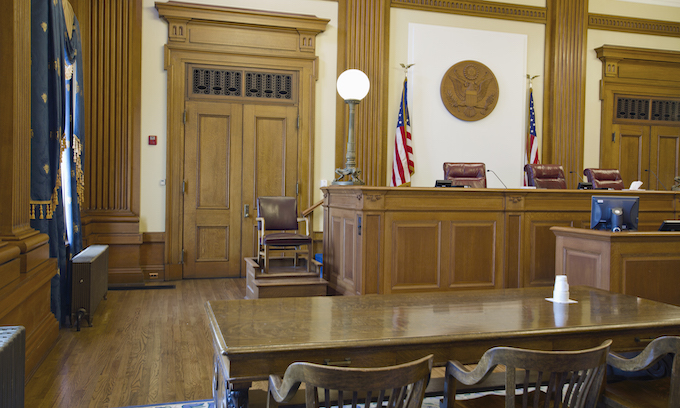
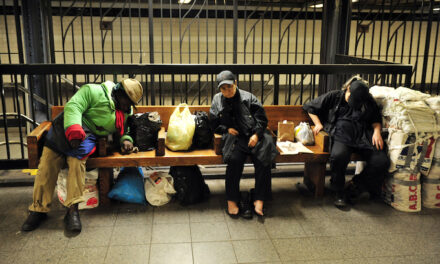
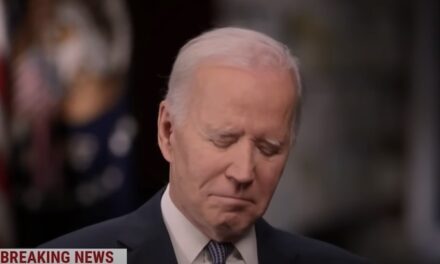
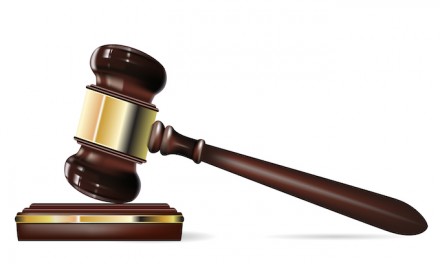
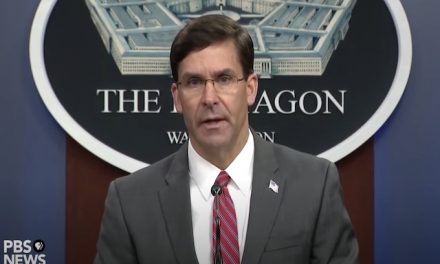











Recent Comments